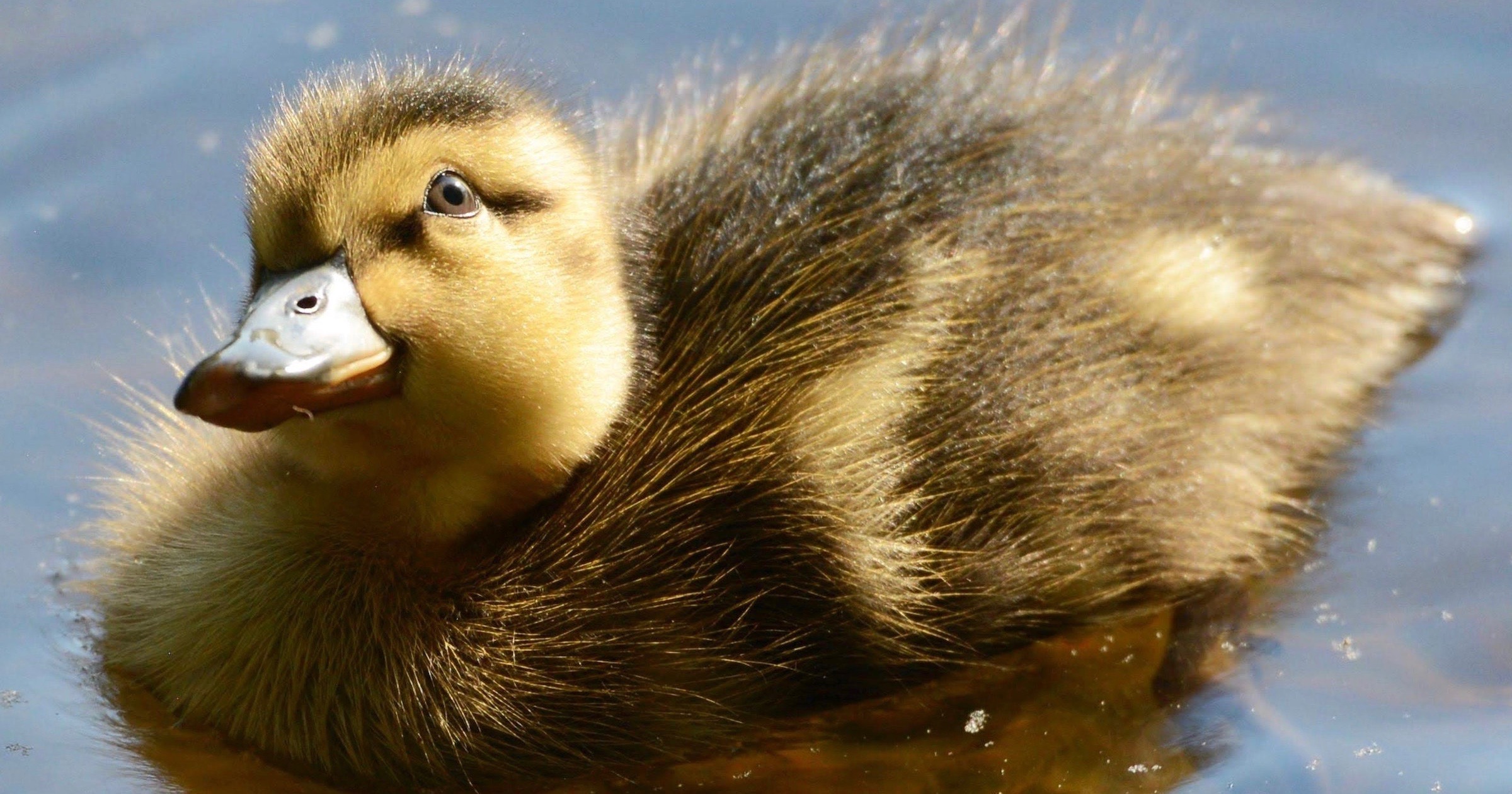 Evolution
Evolution
Across Species, Animal Adoptions Pose an Evolutionary Conundrum

At The Conversation, evolutionary anthropologist Isabelle Catherine Winder and anatomist Vivien Shaw pose a question, “Animal adoptions make no evolutionary sense, so why do they happen?“
For instance, scientists working with gorillas in Rwanda recently found the gorillas band together to take care of orphans. In these cases, young peers and (surprisingly) dominant adult males can be key to immature orphans’ survival. Perhaps it really does take a village to raise a child.
Meanwhile researchers in DR Congo found that bonobos (apes closely related to chimpanzees) go even further, and sometimes adopt babies from a different social group. We even have examples of cross-species adoption, such as the dolphin who adopted and nursed a melon-headed whale, and a group of capuchin monkeys who raised a marmoset.
ISABELLE CATHERINE WINDER, VIVIEN SHAW, “ANIMAL ADOPTIONS MAKE NO EVOLUTIONARY SENSE, SO WHY DO THEY HAPPEN?” AT THE CONVERSATION
One could, of course, add many other examples. But there is something a little “off” in the way Winder and Shaw frame the evidence. For example, we are told that “Scientists used to think that humans are special because we have larger brains than other animals” but now “some experts in human evolution” believe that we evolved to be kinder than other animals are.
Wait. Animals don’t have reason or moral accountability but there is abundant evidence that mammals and birds have feelings. And feelings often follow their own rules. A cat may adopt a duckling under the right circumstances, or a lioness may adopt an oryx:
Winder and Shaw point out that traditional evolution theory doesn’t really account for these feelings:
Adoptions like these puzzle biologists. From an evolutionary perspective, what matters is how many copies of your genes make it into the next generation. Adopting a niece or nephew might therefore make sense. A biological sibling shares on average 50% of your genetic material, and their offspring inherits about half of that (25%).
If the cost of raising your niece is less than the cost of having another baby, you may ensure more copies of your genes survive by helping your niece. The idea that an animal might be altruistic (helpful) to members of their family to increase their own evolutionary success is called kin selection.
Adopting an unrelated child, however, can’t be explained by kin selection. It’s a choice that incurs significant cost, but does not result in more copies of the adoptive parent’s genes being passed on.
ISABELLE CATHERINE WINDER, VIVIEN SHAW, “ANIMAL ADOPTIONS MAKE NO EVOLUTIONARY SENSE, SO WHY DO THEY HAPPEN?” AT THE CONVERSATION
Of course, few adoptive human parents approach the matter that way and animals are surely governed by more immediate sensations. So what would cause animals to put territorial or predatory instincts aside?
Winder and Shaw suggest several factors.
Read the rest at Mind Matters News, published by Discovery Institute’s Walter Bradley Center for Natural and Artificial Intelligence.
